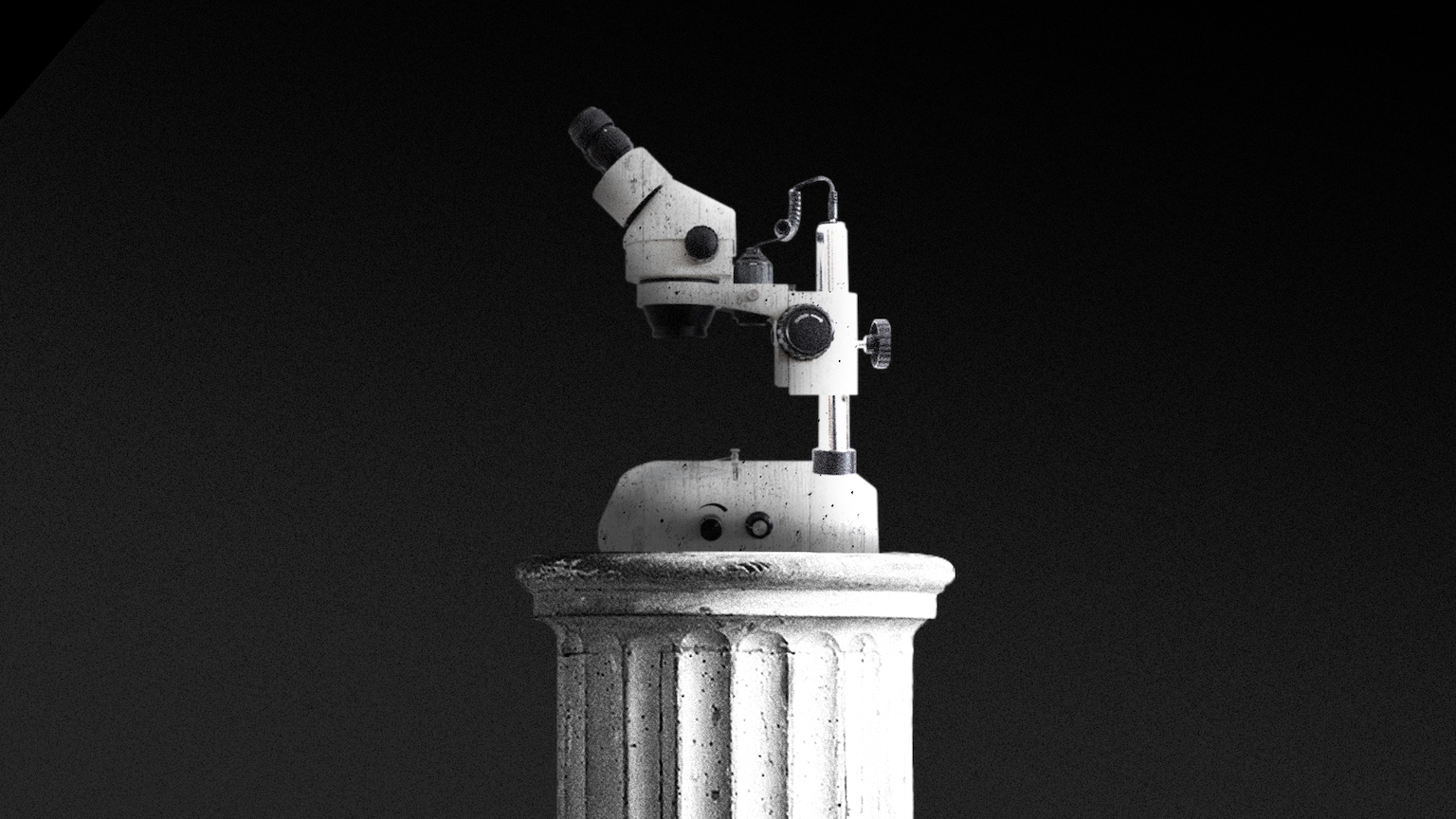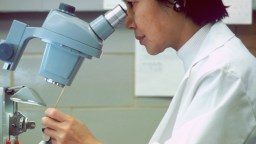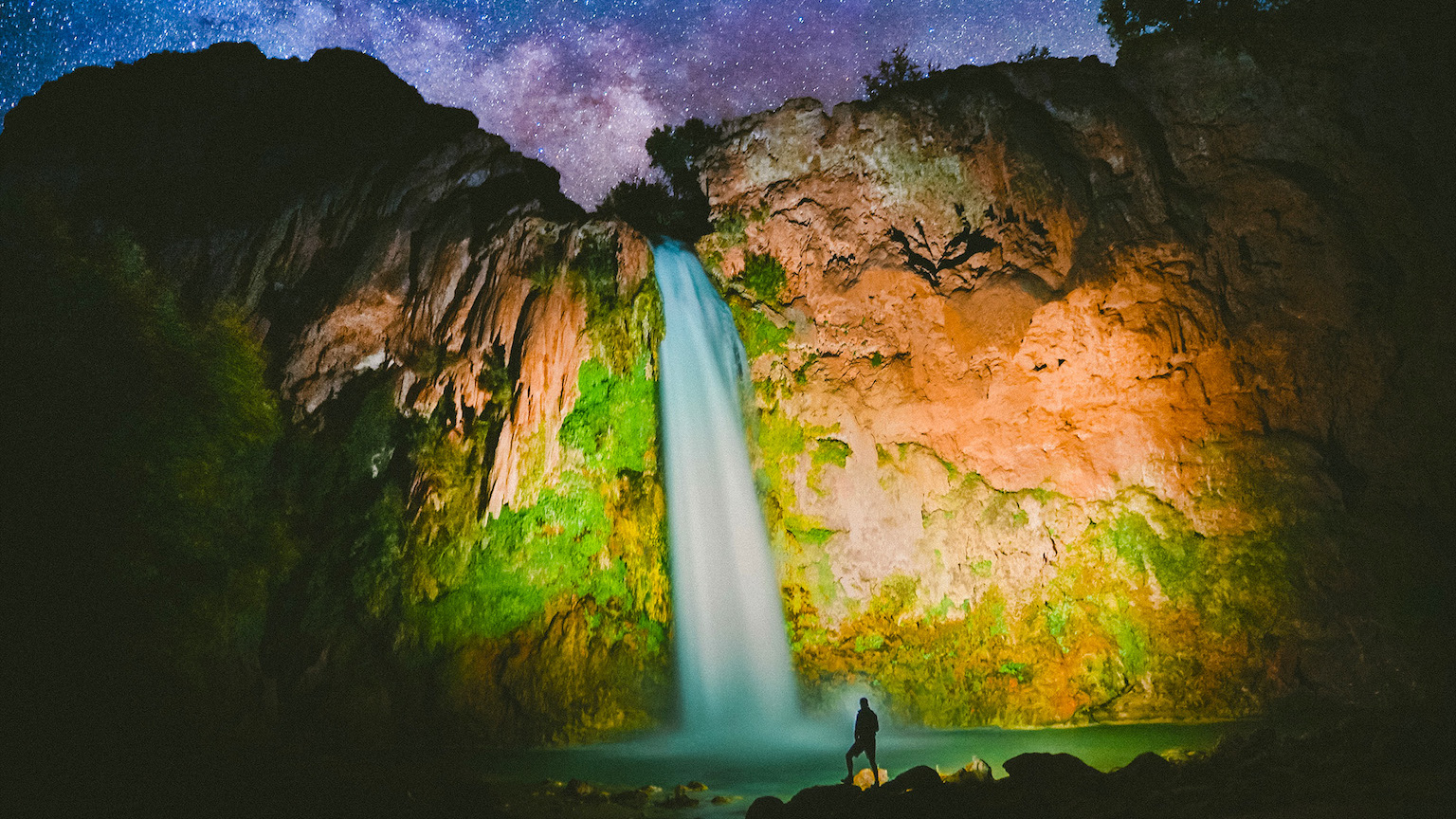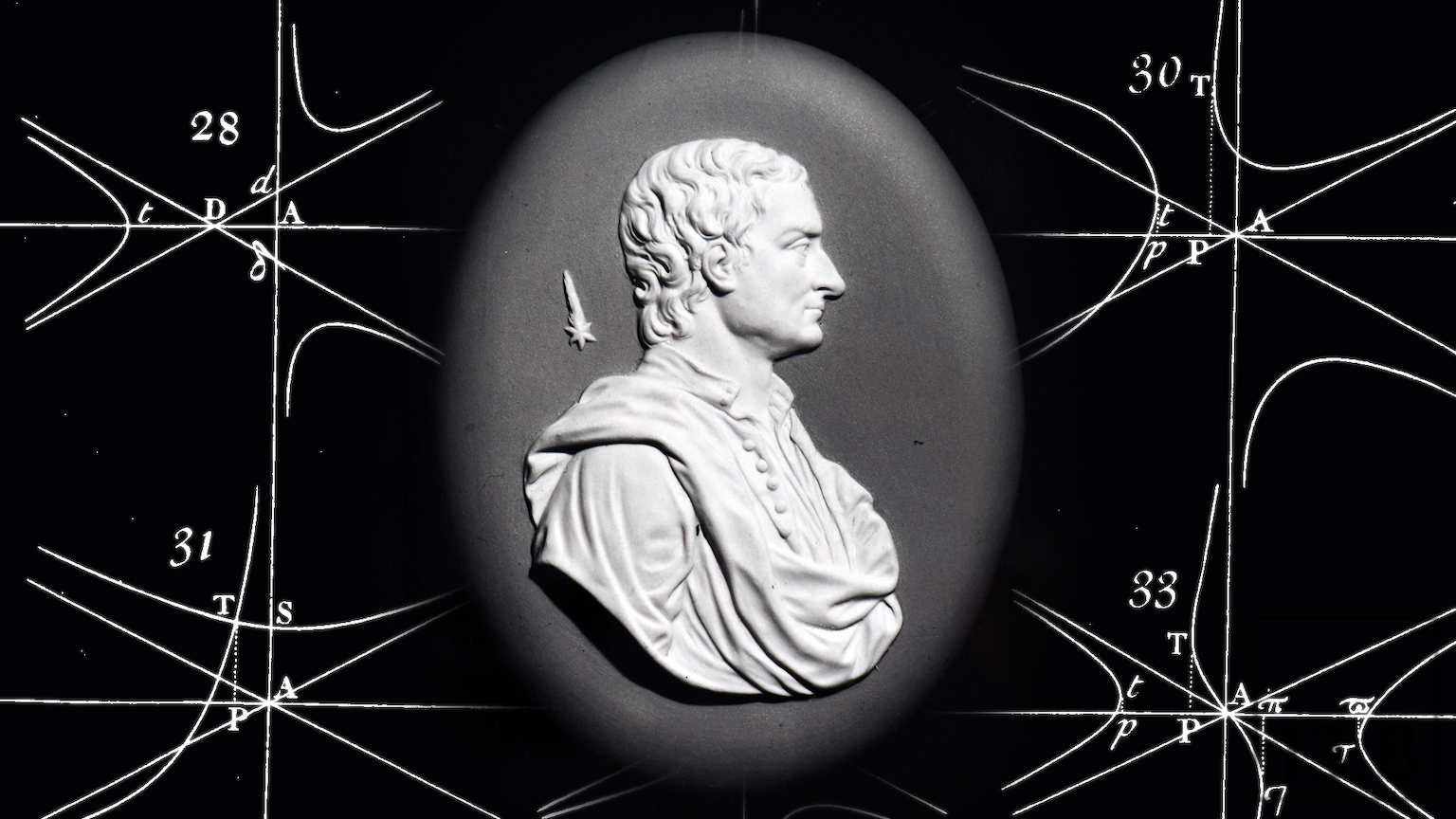The joy and privilege of being a scientist

- It is a true privilege to be a scientist.
- Unfortunately, the profession suffers from the false stereotype of scientists as “nerds” or wild-haired eccentrics.
- Scientists should spend more time doing outreach, particularly in middle and high schools, to inspire the next generation of scientists.
People often ask me why I decided to become a scientist. The question comes especially often from younger students uncertain of their career paths. It is hard to make any decision that, at least in principle, is for the rest of your life, such as whom to marry, where to live, and which career to pursue. Life changes, of course, and circumstances change with it. You may start as a dentist and later decide that you want to be a musician. But when it is time to choose a major in college, we imagine ourselves living the life of a professional within some specialized field.
So why would you choose to become a scientist? And what stands in the way of young people making that commitment? What I see, and I am sure many colleagues will confirm, is that the vast majority of children, teenagers, and young adults don’t have the foggiest idea of what it means to be a scientist. They do not how to become one or what a scientist does. In all honesty, this is true of older people as well. I would guess that under five percent of the U.S. population could name three living American scientists. The question is what can be done to change this dismal state of affairs, which revolves around three major obstacles.
Obstacle 1: making scientists real
The first obstacle is a lack of visibility. If most people do not know a real, flesh-and-blood scientist, and their only points of reference come from movies and TV shows, it is hard for them to contemplate a career in the sciences. How many scientists do you know? (If you are one, skip the question.) How many scientists have you come across in your life, aside from the research scientists who probably taught your college courses? Now consider the doctors, dentists, teachers, policemen, and lawyers who are part of our everyday lives. We come into contact with these professionals regularly, and for a variety of reasons.
Science operates in the background of everyday life. In a sense it is hidden from our daily needs and contacts. You may hear about that approaching comet or take a new kind of vaccine, but you do not know the astronomer that discovered the comet or the team that developed the vaccine. (You might know the name of the pharmaceutical company and the value of its stocks, however.) When a young person imagines a scientist, they would probably envision one of the guys from The Big Bang Theory — an adorable, socially inept nerd. Or they might conjure up a crazy-haired Einstein lookalike, sticking his tongue out and speaking with a heavy German accent.
It might be a surprise, then, to visit a physics or chemistry department. You would be hard-pressed to find someone like Sheldon, Einstein, or Doc from Back to the Future. Yes, some scientists are eccentrics, but so are some doctors and lawyers, many artists, and many billionaires.
The solution, of course, is more real-time visibility. Scientists, including graduate students, should visit public and private schools. Every graduate student and postdoctoral fellow funded by a federal grant should dedicate a number of hours a year talking to middle and high schoolers. I suggest their advisors do the same. Some will not do a great job, but many will, and the act of inspiring others would inspire these scientists in turn. Education always goes both ways.
They should be telling kids why they decided to go to grad school in the sciences (and math), what they do for research, why science is crucial to society, and why it can change the world — as it has, many times over. This outreach is gratifying and essential work. Fewer nerdy depictions of scientists on TV would also help, to say nothing of the roles showing scientists who use chemistry to make illicit drugs, or physics and biology to plot the end of the world.
Obstacle 2: stereotypes
The second obstacle is the “nerd” stigma. The stereotype is well-known: Scientists are unkempt. Their friends are mostly other nerds. They are socially awkward. They become scientists to escape real life, to hide from reality and people. I heard this stereotype many times when I was growing up in Brazil and decided to go into physics. (If you think it’s hard here, imagine doing this in Brazil in the late 1970s.)
The nerd label is complete nonsense. There are nerdy scientists but also really cool ones that ride motorcycles and run mountains (hey, I do), love surfing, and play the electric guitar. Their interests range as broadly as those of any group of doctors, lawyers, or park rangers. Some are atheists, others religious. (Let’s not go there today.) Scientists can have a passion for baseball or hockey. Some are conservative, while others lean left. They can be deep thinkers or pragmatic, down-to-earth people. Generalizations are a weak form of description. The scientific community is as diverse as any other community of professionals.
Obstacle 3: the romance of science
The third obstacle is motivation. Why do science? This is the hardest challenge, and addressing it requires care. The first reason to do science, and this is a personal opinion, is a declared passion for nature. You must have an insatiable urge to probe the mysteries of the cosmos, large and small. This view, no doubt romantic, is essential to many scientists. We do science because no other profession would allow us to spend our lives trying to figure out how the world works and how we humans fit in the big scheme of things. Sometimes you hit big and make a profound and lasting contribution. But even if our individual contribution is small, what matters is to be part of the process, part of a community of people that dedicate their lives to finding things out about the world and about ourselves.
There is also, of course, the practical side of science, connected to its vast technological applications, to the development of new materials and gadgets that lead to innovative products and better people’s lives. Imagine life without X-rays and antibiotics, without widespread access to electricity and the internet, without digital technology and airplanes. That was life about a century and a half ago.
Passion is the key to being a scientist
The pathway to a scientific career is rather long. That is why passion is so essential along the way. You need postgraduate degrees followed by postdoctoral fellowships, both with incomes lower than what a computer analyst, stockbroker, or engineer will generally be earning. Sometimes it is tough to keep your dreams alive when circumstances pull you in different directions. But you work hard to train yourself because you have the potential to make a difference in the world — not just collect a paycheck at the end of the month.
In my case, I am a scientist because I cannot imagine myself doing anything else. Even with all the hard obstacles of the profession, I consider it a privilege to spend a lifetime thinking about the world and to share with others what I have learned along the way.





